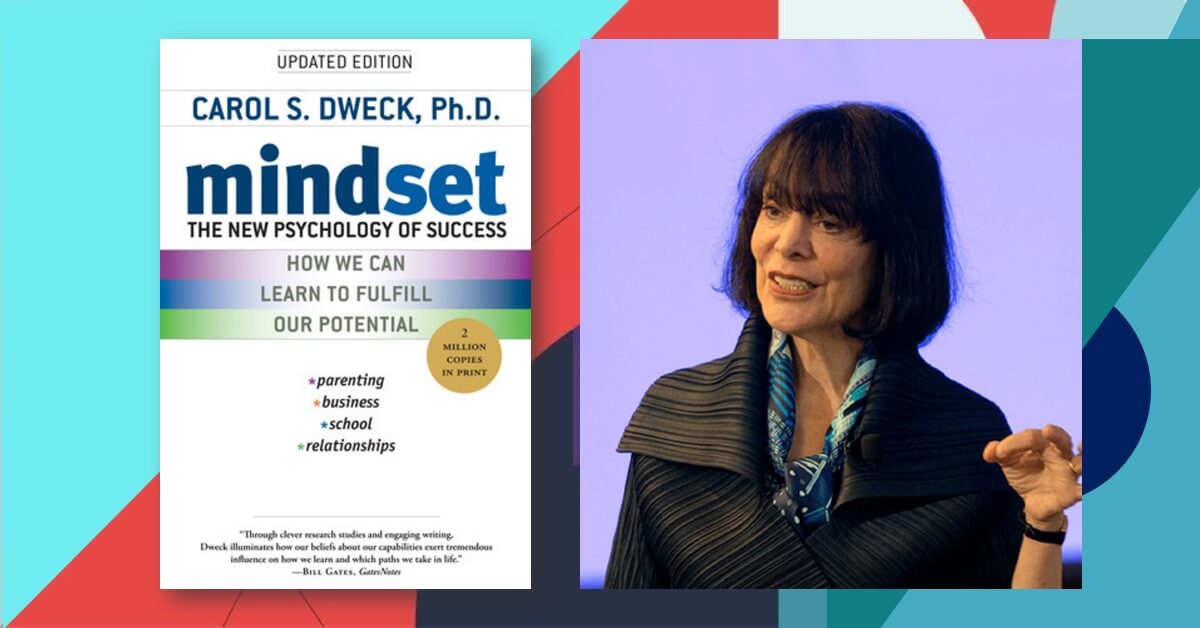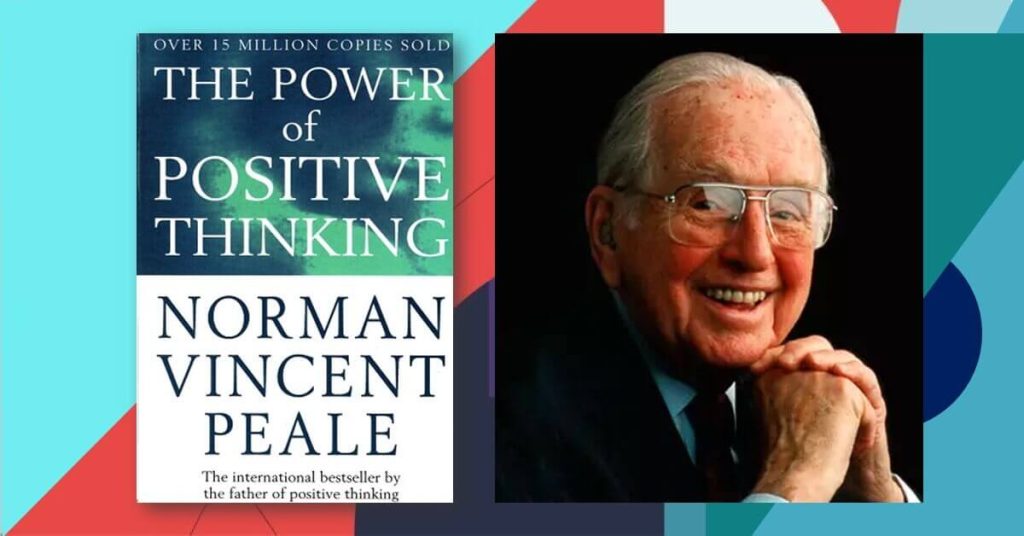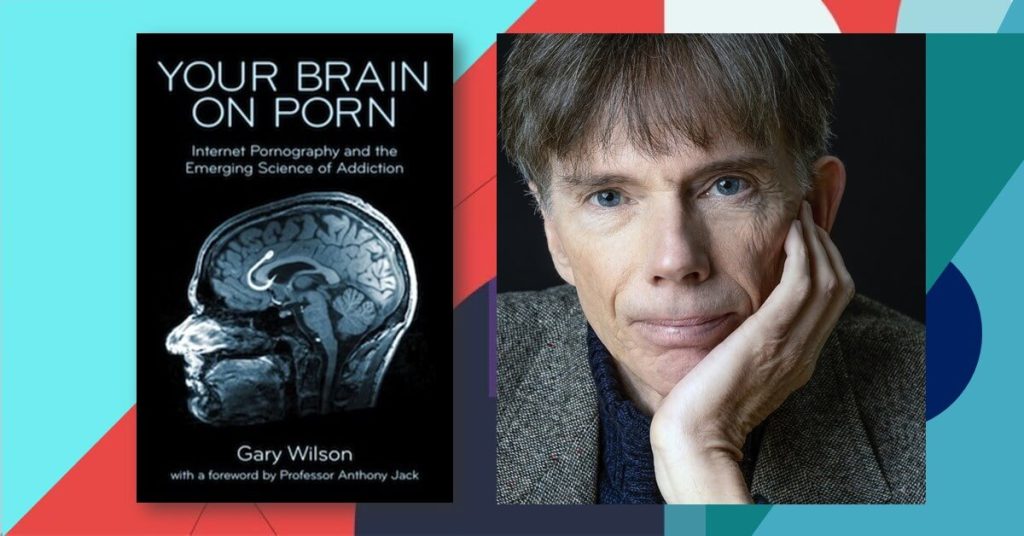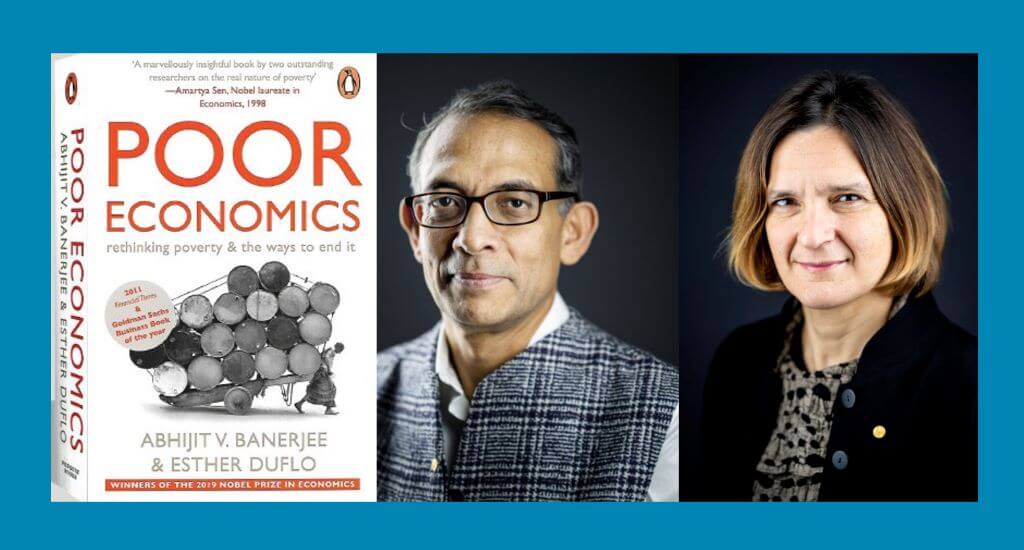Last updated on August 14th, 2024 at 12:09 pm
Mindset: The New Psychology of Success is a book written by Carol Dweck, a Stanford University psychologist.
The book explores the concept of “mindset,” which refers to the beliefs people hold about their abilities and qualities. Dweck argues that there are two main types of mindsets: a fixed mindset and a growth mindset.
Are you ready to unlock the secrets of success and achieve your goals? Look no further than the power of a positive mindset. The new psychology of success, known as the growth mindset, focuses on the idea that our abilities and intelligence can be developed through effort and perseverance.
Dweck defines a fixed mindset as the belief that one’s abilities and characteristics are fixed and cannot be changed, and a “growth mindset” is the belief that one’s abilities and characteristics can be developed through effort and learning. Dweck argues that having a growth mindset can lead to greater success in both personal and professional life. The book provides practical advice for how to develop a growth mindset and apply it to various aspects of life such as education, work, and relationships.
A fixed mindset is when someone believes that their abilities and qualities are set in stone and cannot be changed. This can lead to a fear of failure and a lack of motivation to improve. On the other hand, a growth mindset is when someone believes that their abilities and qualities can be developed through effort and learning. This leads to a love of learning, greater resilience in the face of failure, and a greater sense of control over one’s life.
A growth mindset is a belief that abilities and intelligence can be developed through effort and learning. This is in contrast to a fixed mindset, which is the belief that abilities and intelligence are set and cannot be changed. A growth mindset is crucial for achieving success because it allows for the belief that failure is not a setback but a learning opportunity.
The book provides examples and research that support the idea that a growth mindset can lead to greater success in various areas of life, including education, business, and sports. It also suggests practical strategies for developing a growth mindset and making it a part of one’s everyday life.
It is a book about fixed mindset versus growth mindset, ability versus effort, and natural gifts versus learnt skills. Unlike Malcolm Gladwell’s Outliers which argues that success is about opportunities and timing and successful people become successful because of the privileges they get, Carol Dweck’s Mindset shows that success depends on our mindsets. Like in The Brain That Changes Itself by Norman Doidge she does not propose tremendous brain works to make happen impossible happen through neuroplasticity. She tells us simple change of perspective on things we deal with can bring about a whole lot of changes.
She argues that all the successful athletes, businessmen, teachers, mentors, singers, musicians and coaches had nothing to do with their natural ability, intelligence, brilliance, gifts and skills. Our Genes have nothing to do with our success.
All the self-made people became great because they changed their perception of themselves. Whereas Malcolm Gladwell thinks successful people are actually privileged by time and situations, Dweck shows how our validation from others in success plays a vital role in what and how we do things.
The power of a positive mindset cannot be overstated when it comes to achieving success. In Carol Dweck’s book Mindset: The New Psychology of Success, she explains how a growth mindset can lead to greater achievement and fulfilment in life.
The key to developing a growth mindset is to embrace challenges, learn from failures, and persist in the face of obstacles. By doing so, we can build resilience, a crucial ingredient in achieving success. Resilience is the ability to bounce back from adversity and continue to work towards our goals.
To shift your mindset, try to focus on positive self-talk and empower yourself. Positive self-talk can boost your self-belief and help you to stay motivated. And empower yourself by setting goals and working towards them, and celebrate your progress along the way.
While Vincent Peale in his book The Power of Positive Thinking encourages readers to develop a positive attitude and mindset through the use of affirmations and visualization techniques to inspire and motivate people to improve their lives, Carol’s Mindset proposes psychological techniques for changing our attitude towards success and failure.
With hundreds of real-life stories and case studies, Carol shows how previously failed people in their respective professions became great people just due to a change of mindset. Companies and businesses suffered just because of the mindset of the CEOs and bosses who ran them.
She calls the CEOs who create a world for the validation of their position and power to suffer from CEO disease. It is a world where this kind of CEO allows them to surround themselves only with the good news of their perfection and the company’s success, no matter what the warning signs may be.”
One of the most striking features of Mindset is the student behaviour relating to their failure, success and their ideas on talent, intelligence, and hard work.
Carol found out that students or children who are judged by their parents or teachers (or society) tend to sustain a fixed mind. They believe that because of their innate talent, they don’t need to work hard or put extra effort into their schoolwork. For they think only dumb or students who are not endowed with ability have to work hard.
Which led them to think of themselves as superior to others who put less effort or practice less. It in turn makes them afraid of the challenge, failures, and hard work. As they busk on their ability and talent they tend to work less on learning which causes them to fail while the students with a growth mindset who believe in giving efforts and hard work excel better than those with a fixed-mindset student. Because of their mindset student with the fixed-mind tend to think of failure as shameful, and disappointing and feel worthless.
Carol shows that our definitions of people as ‘gifted’, talented, ‘genius’, ‘natural’, and ‘inherently acquired’ are indeed the wrong conception of fixed-minded people about the people who put a huge amount of patience and hard work in their fields. She shows how unskilled people can draw figures with little training.

People with fixed-mindset believe that games are for naturally talented people. In fact, games are not about natural talent. Superstar athletes are made and they maintain their position through consistent hard work. They take charge of their position. Growth-minded people are not afraid of failure and not jealous and take criticism as a means to develop their flaws.
Along with some exceptional findings about relationships, Carol presents two marvellous facts regarding our mindsets: Shyness and Bullies and victims.
I have never before been able to examine or analyse the problems of shyness and the fact of bullying and the victims of it. She says, “shy people worry that others will bring them down. They often worry about being judged or embarrassed in social situations,” and fixed-minded people are more shy. Because the fixed mindset makes us concerned about the judgement which in turn makes us self-conscious and anxious.
They want to avoid meeting someone who might be more socially skilled than they are which keeps them out of social situations with new people.
Carol seems to have unlocked the minds of bullies once and for all. Carol puts, “Bullying is about judging. It’s about establishing who is more worthy or important. The more powerful kids judge the less powerful kids. They judge them to be less valuable human beings, and they rub their faces in it on a daily basis.
And it’s clear what the bullies get out of it…. they get a boost in self-esteem. It’s not that bullies are low in self-esteem, but judging and demeaning others can give them a self-esteem rush. Bullies also gain social status from their actions.” These are fixed-minded who think some people are superior or inferior.
It is speculated that the Columbine High School shooting was the result of bullying of fixed-mined superior students on fixed-minded inferior students. Whatever may be the purpose of bullies, the victims still can have a choice, a choice to react in a growth-minded manner.
Regarding love life and marriage life Carol writes that choosing a partner is choosing a set of problems. There are no problem-free candidates. The trick is to acknowledge each other’s limitations and build from there. She stands against compatibility and perfect suit and does not say that “like must marry the like”.
She tells us to acknowledge our partner’s traits in mutual discussion and to see a relationship from a different angle with a growth mindset. Though I still can doubt how much people really change. The question is do people change? Or how much can they change?
In short, a growth mindset, resilience, positive self-talk, and empowerment are all key ingredients to achieving success. By embracing these principles, we can develop a mindset that will help us to achieve our goals and live a fulfilling life.
By embracing a growth mindset, we can break free from limiting beliefs and achieve greatness. Positive psychology teaches us to focus on the good in our lives, and resilience helps us bounce back from setbacks and challenges. A mindset shift towards positivity can lead to a more empowered and fulfilling life.
In order to achieve success, it is essential to have self-belief and mental toughness. Setting clear and specific goals can help us stay on track and measure our progress. An achievement mindset, accompanied by positive self-talk, can help us overcome obstacles and reach our full potential.
Highlights of Mindset book
- There is nothing as talented, gifted, intelligent people, it’s all efforts.
- Leaders are made not borne.
- Fixed-minded people take failure as losing face while growth-minded people take it a means to learning
- Only effort can make one successful.
- We must be in charge of our success through consistent practice.
- People who think they are naturally able, are afraid of failure and wield power to intimidate subordinates.
- There is no perfect relationship we just acknowledge each other’s traits.
- Appreciating students as specially talented can be an obstacle to their success.
Nevertheless, when what we want is success, success can be our enemy as well by creating complacency and sloppiness. It creates a fixed mindset, it can create the sense, “I won it, I did it, it because I am talented” when are appreciated and validated for our talent. We then delve into the fixed-minded idea that we don’t have to work hard. Moreover, the fixed mindset makes failure intolerable, and unacceptable. People with that mindset motivate people not through respect but with intimidation.
Only effort can make one successful.
~Carol Dweck
If I have to admit that this book has changed my mindset about how I used to see people, success, leadership, relationship and personal development it would certainly be not an exaggeration in any count. I have to decide to rethink all life-related affairs, problems and achievements.
It taught us how the growth mindset can be more forceful than our willpower and provided a new dimension to look at our failures and setbacks. And that people’s efforts and hard work can be more powerful than the so-called ‘gifts’, talent and ability.
Conclusion
So, are you ready to take control of your mindset and unlock the secrets of success?
Embrace a growth mindset, focus on the good, and believe in yourself. You have the power to achieve greatness.
I highly recommend Mindset for those who want to see their everyday affairs through a different perspective, a growth-minded perspective in the current sense.
When success is a cruel pursuit of a life that has nothing to do with morality and ethics, I like it when she mentions, “Becoming is better than being.”






